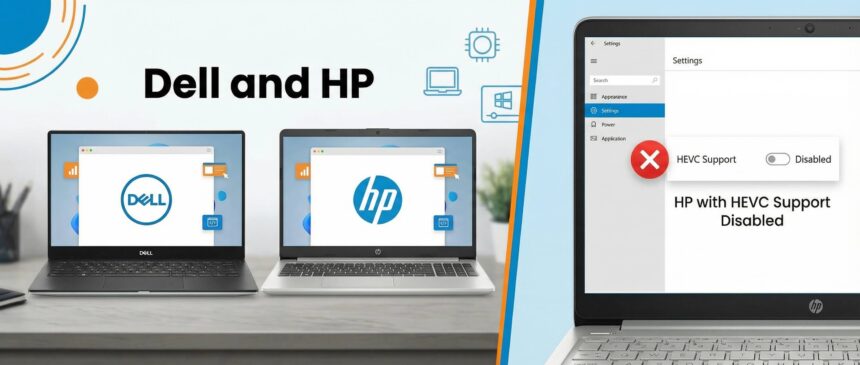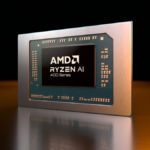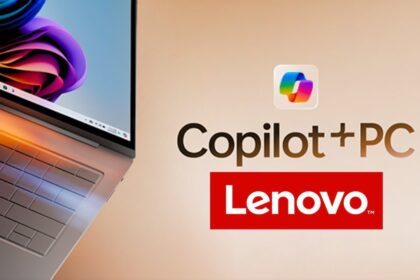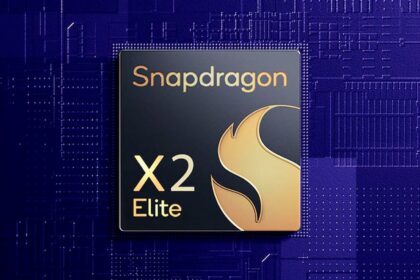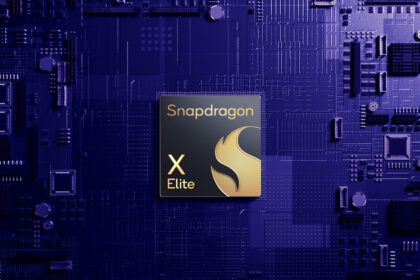Some Dell and HP laptop owners have recently been puzzled by their computers’ inability to play HEVC/H.265 video in web browsers—even though their processors technically support hardware decoding of the format.
Both Intel (with 6th-gen Core and newer) and AMD have offered built-in HEVC decoding on their laptop chips for years. Despite that, Dell and HP have disabled the feature on several of their mainstream business notebooks.
HP is upfront about this limitation. In the spec sheets for models like the ProBook 460 G11, ProBook 465 G11, and EliteBook 665 G11, HP clearly states:
“Hardware acceleration for CODEC H.265/HEVC is disabled on this platform.”
Even with the warning, it still feels jarring when modern laptops endlessly buffer browser videos that play smoothly in standalone media players. As one system administrator noted on Reddit, older laptops worked fine, while newer machines required users to either uninstall Microsoft’s HEVC codec or turn off hardware acceleration in the browser—both of which can break other features like background blur in video meetings or create noticeable performance drops.
Dell users have reported similar issues. But finding information about Dell’s restrictions is far more difficult. For example, the Dell 16 Plus 2-in-1 has HEVC decoding disabled, but the product page and manuals make no mention of it. The clearest confirmation comes from a general Dell support article stating that HEVC streaming is only enabled on systems with:
- a discrete GPU
- an add-on video card
- an integrated 4K panel
- Dolby Vision
- or CyberLink Blu-ray software
When asked, Dell and HP didn’t explain why they disabled HEVC hardware decoding. Instead, they gave similar statements directing users to rely on third-party software if they need HEVC playback.
HP’s spokesperson said:
In 2024, HP disabled the HEVC codec hardware on select devices… Customers needing HEVC encode/decode can use licensed third-party software.
Dell’s statement was similar, emphasizing that only premium systems include HEVC playback and suggesting that budget users purchase a low-cost HEVC app from the Microsoft Store.
Rising licensing costs likely to blame
Although neither company commented on motives, increasing HEVC licensing fees are a probable factor. Manufacturers often pay royalties for including HEVC hardware support in their devices, and those costs go up with sales volume.
Beginning January, Access Advance will raise royalties from $0.20 to $0.24 per device for companies shipping over 100,001 units—an amount that quickly adds up for large PC makers. For context, Gartner reported that in Q3 2025:
- HP shipped 15,002,000 PCs
- Dell shipped 10,166,000 PCs
Other companies have also reacted to rising codec costs. Last year, Synology removed HEVC, H.264, and VCI transcoding from its DiskStation Manager and BeeStation OS, arguing that modern client devices can handle decoding on their own and that offloading the task improves server efficiency.
Users are frustrated
Even if the reasoning makes financial sense, disabling long-established hardware features has not been well received by customers.
As one Reddit user put it:
“It’s ridiculous. These machines are $800+ and part of a ‘Pro’ line. HEVC is used professionally, and more apps outside Netflix are finally adopting it.”
With more software and services relying on HEVC, users of affected HP and Dell laptops will likely continue to feel the impact—and the frustration—of these hidden limitations.

